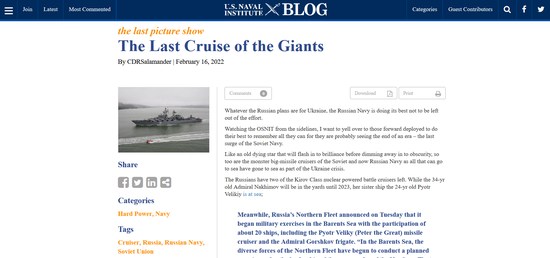
Eyewitness Accounts from World War II to Iraq
314 pages.
While there are several books which deal with the amazing exploits of the Gurkhas, this is the first in which the Gurkhas tell their stories in their own words. This is a second edition with a forward by Field Marshal Sir John Chapple; the original was published in 2002 by Greenhill Books.
J.P. Cross, a former commander of Gurkhas in British service, and his "surrogate son," Buddhiman Gurung, traveled through Nepal to collect and preserve the stories of Gurkha veterans. Royalties from this book are donated to the Gurkha Welfare Trust.
The book begins with a brief explanation of Gurkha history and culture, an explanation of the interview process, and some description of military organization. The Gurkhas - hill tribesmen from Nepal, considered lower-class within their own society - began serving in the British Army in the 19th Century, and have attained and maintained a reputation for military excellence until modern times.
The rest of the book is broken down by war (and often, by campaign). After an introduction, each chapter consists of individual accounts from Gurkha veterans, sometimes with comments added by the authors. The earliest accounts, gathered from the oldest veterans, deal with WWII; the most recent cover peacekeeping activities in the Balkans and East Timor. (While the Falklands and Gulf War are included, the Gurkhas did not have major fighting roles in either conflict.)
The accounts have been transcribed and translated from verbal interviews. Only the youngest soldiers from WWII remain to tell their stories, now in advanced old age; later eras have the advantage of younger veterans, often with better education. The stories are told "warts and all", and provide the soldier's perspective - often lacking the "big picture," passing along the rumors of the times, bogged in minutiae one moment then in the middle of the firefight the next, even admitting occasional lapses in obedience to the laws of war (primarily against the Japanese).
Here is an excerpt from Padamlal Pun's account of Burma:
...One day we were told to go and attack No 3 post some four miles away, at night. We were given covering fire by artillery with shells whistling overhead. I was 2IC of the section. At dawn we reached our objective. The artillery fired again and Japanese artillery opened up. One soldier had his nose shot away and I bandaged him. At the same time the LMG 1 started groaning. He pushed his gun away, rolled over and I called the stretcher bearers. We loaded him on the stretcher but, as he was lifted off the ground, another bullet killed him. I told the man with no nose to make his own way back. Our section should have gone ahead to attack but was now in the rear. I took the LMG and went forward and took up a position by a rock where I was pinned down by Japanese fire. I had about 50 rounds on me when I fired at the enemy who fired back. When I stopped they fired, and when I fired they stopped. When my ammunition was finished I took my clothes off and crawled back, then dived like a frog jumping into a pool. As I slid down the hillside I took off a toe nail and sprained my ankle.
And an excerpt from Balman Gurung's account during the Brunei Rebellion of the 1960s:
I shouted "Ayo Gorkhali, charge!" and ran forward about 15 yards. I was alone. My two GORs [Gurkha Other Ranks] were still by their tree. I shouted out for them to cover me with single shots. One of them shouted back that an enemy was close, he could see him but I couldn't. I learnt later that he was referring to an Indonesian who had taken a fire position on the other side of the same tree I had. The enemy kept up their fire for some ten minutes but from where?
After five minutes I realized I was bleeding and saw I had been wounded in both thighs, four fingers of my right hand and my left arm. I thought that, as I was wounded and covered in blood, I would die and so I'd better take some enemy with me. I got up and charged them for about ten yards and saw 15 to 20 men with back baskets disappearing. I finished my magazine and, trying to change it for a new one, found that I could not take the old one off. A bullet had shot the safety catch and the old magazine off. My pouches had been shot off me; I carried a grenade but had put it in my pack, as taught. Had it been in my pouch I would have been killed when it exploded.
Of particular interest to me was to see the motivating factor for these exceptional warriors - the desire for their heroic actions to be recognized by award or promotion. This desire was often thwarted by lack of witnesses, the deceit of others, and by quotas or restrictions - often resulting in a soldier leaving the service in disappointment.
Wargamers looking for a coherent narrative of Gurkha military activities will be disappointed, as this is not intended as such. Game designers wanting to better understand the psychology of Gurkha soldiers will be rewarded by pondering their personal stories.
Reviewed by ![]() Editor in Chief Bill
Editor in Chief Bill ![]()
![]() .
.






